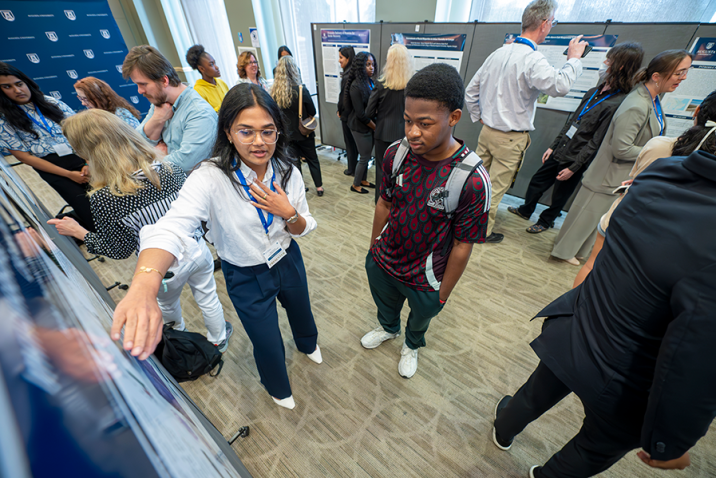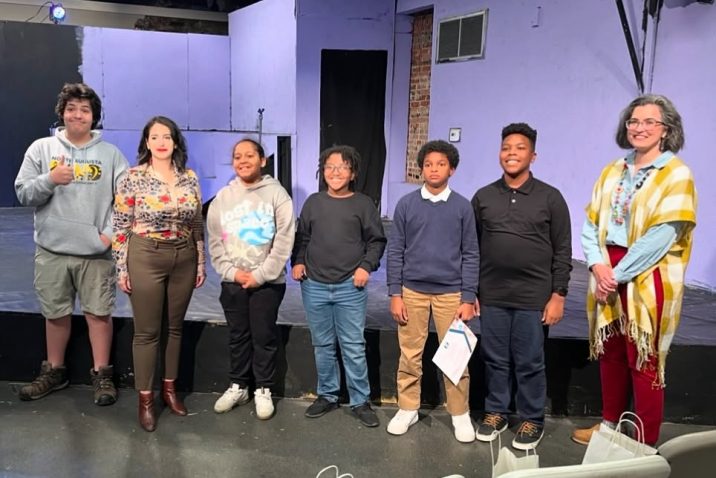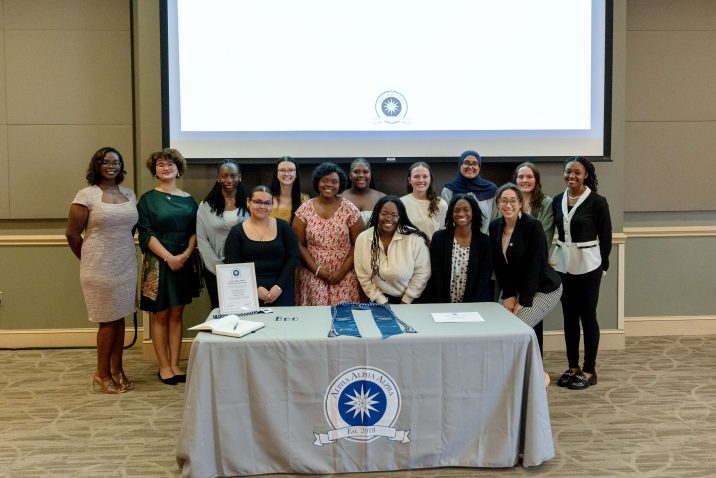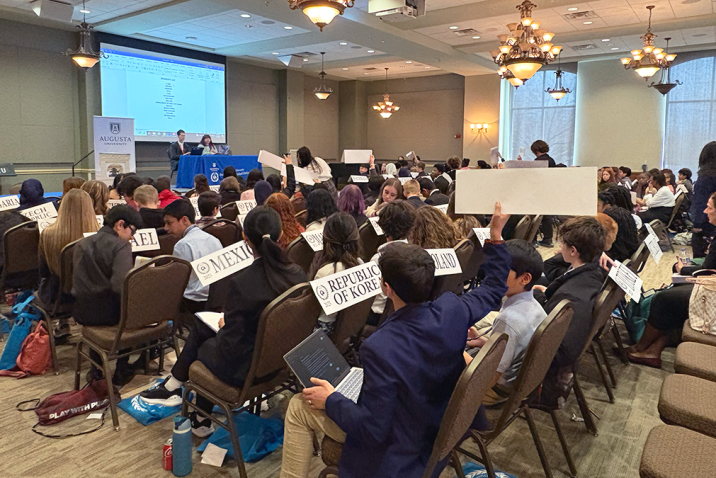Students shine during Undergraduate Research and Fine Arts Conference
“Some students have presented a number of times and are pretty well seasoned, and then there are students who are here for the first time,” says Quentin Davis, PhD.
Do you want to directly impact the safety and welfare of your community through law enforcement, corrections or the judicial system?
You can do that with a Criminal Justice degree. Whether as a defender of rights, an enforcer of laws or as a criminologist examining the causes and prevention of crime, a degree in Criminal Justice gives you the tools you need to help create the equitable world you want to see. The Criminal Justice program from Pamplin College of Arts, Humanities, and Social Sciences’ Department of Social Sciences prepares students for a variety of rewarding career pathways.
Augusta University is one of Georgia’s four public research institutions, and our Criminal Justice degree offers you an experience like no other.
Criminal Justice is for you if you consider yourself
Learning
like no
other.
Want to learn more about the Criminal Justice program at Augusta University?
Request InfoWhat You'll Study
In the Criminal Justice program, you will learn core criminal justice concepts and theories, understand criminal behavior and various structures within the criminal justice system, develop an understanding of the administration of justice and the history and philosophy of law enforcement, and more.
Experience-based Education
Criminal Justice students conduct research using the same data sources used by criminologists, learning real-world skills while advancing our understanding of criminal behavior.
Existing relationships with local law enforcement agencies provide valuable opportunities to connect with future colleagues.
Faculty dedication to supporting strong student organizations and encouraging student research ensures Criminal Justice students will graduate with a deep understanding of the environment they’ll encounter upon entering the workforce.
Whether you’re an undergraduate or graduate student, you’ll have opportunities to create your own research projects or work with faculty to tackle some of the world’s most complex and pressing challenges.
Pamplin College’s Center for Social Science Research involves students as active partners in research projects that assist local public and nonprofit agencies improve their effectiveness.
Student publications are an excellent way to find your voice and strengthen your portfolio, and Pamplin College has a wide range to get involved with.
Student clubs and organizations help you “plug in” to campus life in a way that can lead to meaningful connections, new interests and resume-enhancing experiences.
Your Future
A Criminal Justice degree opens the door for several types of careers, from law enforcement and corrections to crime scene investigation to working with juvenile offenders as a youth correctional counselor. The accelerated Bachelor of Arts in Criminal Justice to Master of Arts in Intelligence and Security Studies or Public Administration opens the door to careers in strategic security policy and intelligence analysis as well as the public and nonprofit sectors.

Learning Like No Other
Augusta University’s multidisciplinary Criminal Justice program draws from Sociology, Political Science, English and Psychology to prepare students to work in all aspects of the criminal justice system.
Opportunities to conduct meaningful research with recognized experts.
Graduate with a variety of in-demand job prospects or continue to advanced degrees in Public Administration or Intelligence and Security Studies.

“Some students have presented a number of times and are pretty well seasoned, and then there are students who are here for the first time,” says Quentin Davis, PhD.

"Our department values partnering with the community to add to the creative culture of Augusta," says Candis Bond, PhD.

“Tri-Alpha benefits everyone as a whole, especially by honoring the first people to do such a great achievement,” says Keisha Pettis-Gilmore.

"This is the highlight of my year in a lot of ways," says Nadia Jilani-Hyler, director of Model UN at AU.